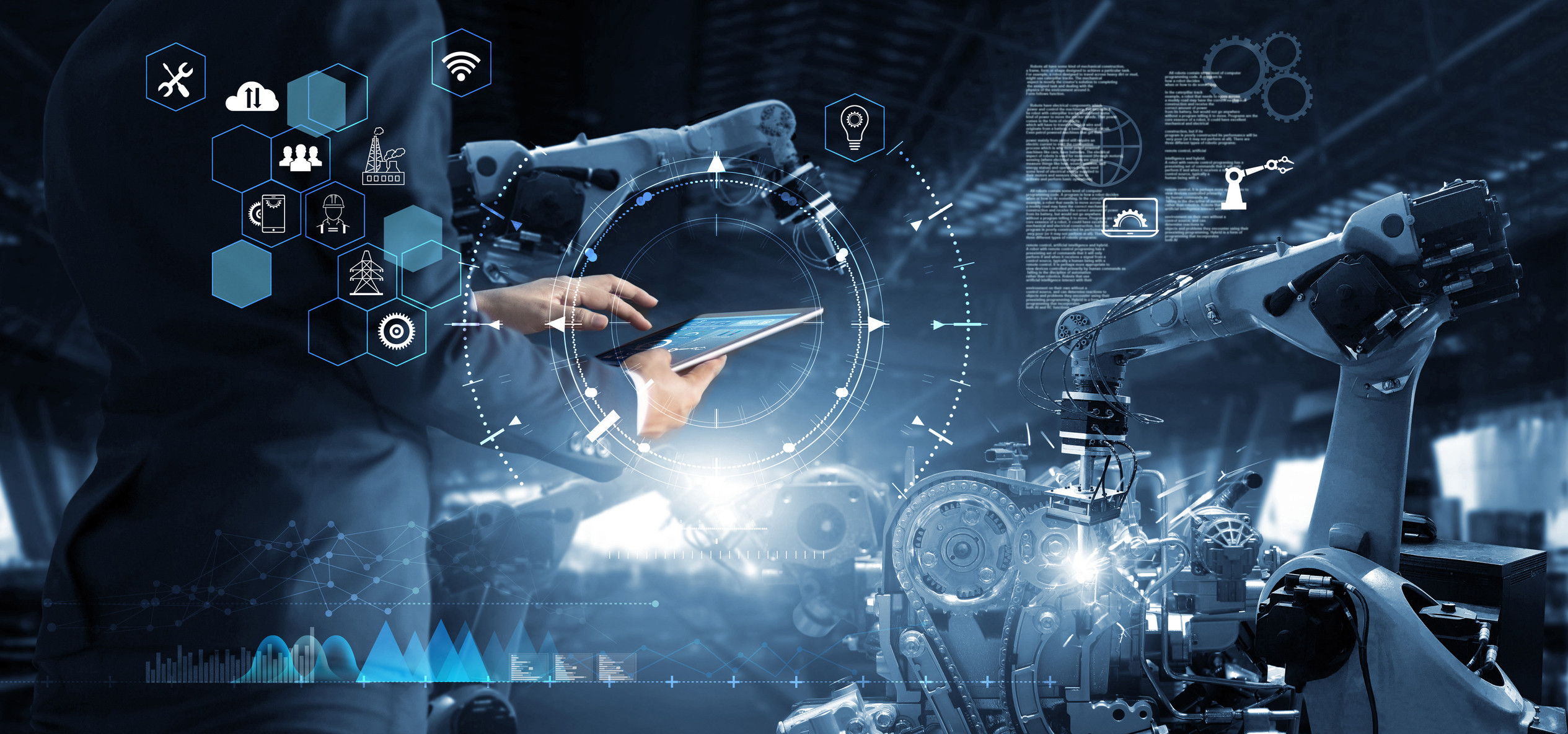Technology Innovation Ideas for 2025: Shaping the Future
Related Articles: Technology Innovation Ideas for 2025: Shaping the Future
- Spa-Like Bathroom Decorating Ideas 2025: Transform Your Bathroom Into A Tranquil Oasis
- Cheap And Easy Dinner Ideas For 5 In 2025: Nourishing Your Family On A Budget
- Minecraft Fiestas 2025: Unleashing Creativity And Innovation
- Spa-Like Bathroom Remodel Ideas For 2025: A Sanctuary Of Serenity And Relaxation
- Ideas For An Unforgettable 60th Birthday Party For A Woman In 2025
Introduction
In this auspicious occasion, we are delighted to delve into the intriguing topic related to Technology Innovation Ideas for 2025: Shaping the Future. Let’s weave interesting information and offer fresh perspectives to the readers.
Table of Content
- 1 Related Articles: Technology Innovation Ideas for 2025: Shaping the Future
- 2 Introduction
- 3 Video about Technology Innovation Ideas for 2025: Shaping the Future
- 4 Technology Innovation Ideas for 2025: Shaping the Future
- 4.1 1. Personalized and Predictive Healthcare
- 4.2 2. Autonomous Transportation Revolution
- 4.3 3. Smart and Sustainable Cities
- 4.4 4. Advanced Manufacturing with Robotics and AI
- 4.5 5. Immersive and Personalized Education
- 4.6 6. Quantum Computing Breakthroughs
- 4.7 7. Bioengineering for Health and Longevity
- 4.8 8. Space Exploration and Commercialization
- 4.9 9. Cybersecurity and Data Protection
- 4.10 10. Sustainable Energy and Climate Solutions
- 4.11 Conclusion
- 5 Closure
Video about Technology Innovation Ideas for 2025: Shaping the Future
Technology Innovation Ideas for 2025: Shaping the Future

As we approach 2025, the world of technology is poised for a transformative leap forward. Technological advancements are accelerating at an unprecedented pace, driven by the convergence of cutting-edge fields such as artificial intelligence (AI), cloud computing, and the Internet of Things (IoT). This confluence is creating a fertile ground for innovation, paving the way for groundbreaking technologies that will reshape our lives and industries.
In this article, we will explore 10 promising technology innovation ideas that have the potential to revolutionize various aspects of our society by 2025. These ideas span a wide range of domains, from healthcare and transportation to manufacturing and sustainability.
1. Personalized and Predictive Healthcare
AI and machine learning algorithms will play a pivotal role in revolutionizing healthcare by enabling personalized and predictive treatments. By analyzing vast amounts of patient data, AI systems can identify patterns and predict potential health risks, allowing for early intervention and tailored treatment plans. Wearable health devices will become even more sophisticated, continuously monitoring vital signs and providing real-time feedback to both patients and healthcare providers.
2. Autonomous Transportation Revolution
Self-driving cars and autonomous vehicles are expected to become a reality by 2025, transforming the transportation sector. AI-powered systems will enable vehicles to navigate complex traffic scenarios, reducing accidents and improving overall efficiency. Autonomous vehicles will also play a significant role in ride-sharing services, providing convenient and cost-effective mobility options.
3. Smart and Sustainable Cities
IoT and AI technologies will converge to create smart cities that optimize resource allocation, improve infrastructure, and enhance citizen engagement. Sensors and interconnected devices will gather real-time data on traffic patterns, energy consumption, and environmental conditions. This data will be analyzed by AI systems to identify inefficiencies and develop solutions for a more sustainable and livable urban environment.
4. Advanced Manufacturing with Robotics and AI
Robotics and AI will revolutionize manufacturing processes, leading to increased productivity, efficiency, and customization. Collaborative robots will work alongside human workers, performing repetitive and hazardous tasks while also providing real-time assistance. AI-powered quality control systems will ensure product precision and minimize defects.
5. Immersive and Personalized Education
Virtual reality (VR) and augmented reality (AR) technologies will transform education by creating immersive and personalized learning experiences. Students will be able to explore virtual worlds, interact with digital content, and engage in collaborative learning environments. AI-powered tutoring systems will provide tailored support, identifying areas where students need additional assistance.
6. Quantum Computing Breakthroughs
Quantum computing has the potential to revolutionize scientific research, drug discovery, and financial modeling. By harnessing the power of quantum mechanics, quantum computers can solve complex problems that are intractable for classical computers. This breakthrough will pave the way for new innovations in various industries.
7. Bioengineering for Health and Longevity
Advances in bioengineering will lead to significant improvements in human health and longevity. Tissue engineering and regenerative medicine will enable the repair and replacement of damaged organs and tissues. Gene editing techniques, such as CRISPR-Cas9, will allow for the correction of genetic defects and the development of personalized therapies.
8. Space Exploration and Commercialization
Private companies and space agencies are investing heavily in space exploration, leading to the development of reusable rockets and the establishment of lunar and Martian colonies. Space-based technologies will also have applications in Earth observation, disaster management, and communication.
9. Cybersecurity and Data Protection
As technology becomes more pervasive, cybersecurity and data protection will become paramount. AI-powered security systems will monitor and protect networks from cyberattacks. Blockchain technology will provide secure and transparent data storage and management solutions.
10. Sustainable Energy and Climate Solutions
AI and IoT will play a crucial role in the development and deployment of sustainable energy solutions. Smart grids will optimize energy distribution, reducing waste and improving efficiency. AI-powered systems will forecast energy demand and integrate renewable energy sources into the grid.
Conclusion
The year 2025 holds immense promise for technological innovation. The convergence of AI, cloud computing, and IoT is creating a fertile ground for groundbreaking technologies that will reshape our lives, industries, and the world around us. By embracing these innovative ideas, we can harness the power of technology to solve complex challenges, improve human well-being, and create a more sustainable and prosperous future for all.
![[IMGSRCTITLE2]](https://innovativezoneindia.com/wp-content/uploads/2022/09/Top-10-Future-Business-Ideas-that-will-thrive-in-2025.jpg)
![[IMGSRCTITLE3]](https://assets.weforum.org/editor/responsive_large_D3jRZtDgxAAgB-EQhbjqhsRisTcnXH1U_WGKQ9um414.jpg)
![[IMGSRCTITLE4]](https://innovativezoneindia.com/wp-content/uploads/2021/03/How-Technology-is-Shaping-Our-Better-Future..jpg)
![[IMGTITLE5]](https://www.hulhub.com/images/home/blog/12-Ways-Technology-Could-Change-the-World-by-2025.jpg)
![[IMGTITLE6]](https://images.fastcompany.net/image/upload/w_1280,f_auto,q_auto,fl_lossy/fc/3032260-poster-p-10-innovation.jpg)
![[IMGTITLE7]](https://images.immediate.co.uk/production/volatile/sites/4/2018/08/22-ideas-606ea9b.jpg?quality=90u0026crop=8px,0px,1183px,509pxu0026resize=960,413)
![[IMGTITLE8]](https://wiipa.org/wp-content/uploads/2023/03/photo_2023-03-25_23-12-23.jpg)
![[IMGTITLE9]](https://www.coinspeaker.com/wp-content/uploads/2020/03/guide-top-10-technology-trends-that-will-shape-the-future.jpg)
Closure
Thus, we hope this article has provided valuable insights into Technology Innovation Ideas for 2025: Shaping the Future. We thank you for taking the time to read this article. See you in our next article!